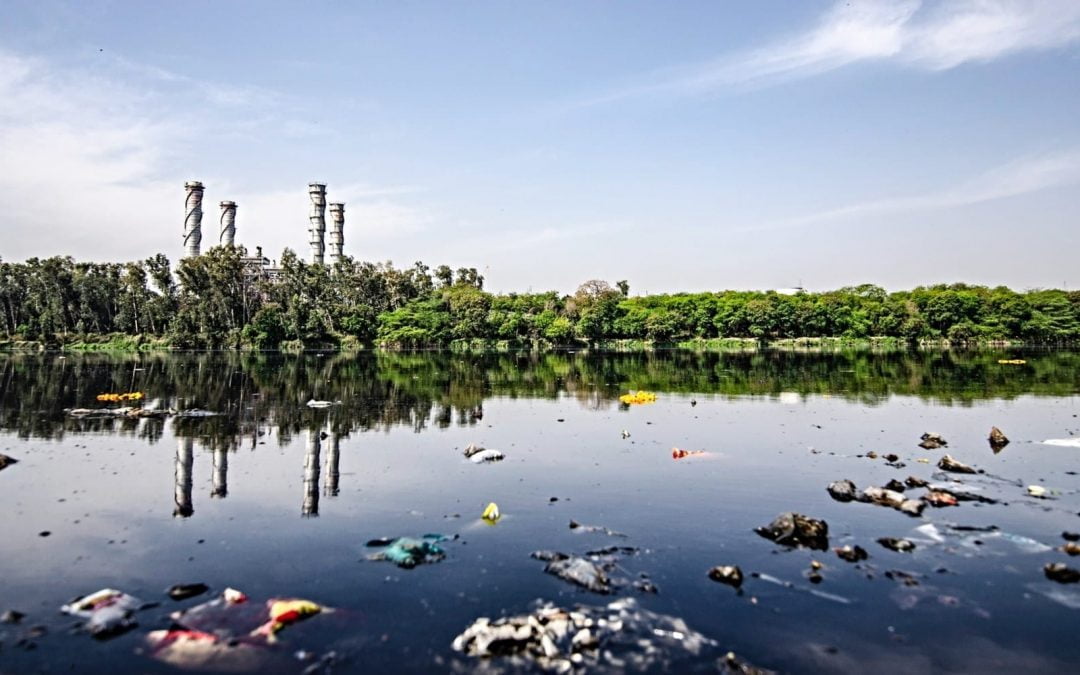Deterioration of water quality is an “invisible crisis” that must be addressed, according to a World Bank report published Aug. 20.
While lack of water (quantity) in some parts of the world receives significant attention, poor water quality is a global challenge to which no nation is immune, and which is often overlooked.
Polluted water is “no respecter of persons,” negatively impacting both high- and low-income nations and tending to increase, rather than decrease, in more prosperous nations.
“Rich and poor countries alike endure high levels of water pollution … high-income status does not confer immunity from water quality problems,” the report said. “Not only does pollution not decline with economic growth, but the range of pollutants tends to expand with prosperity.”
Every continent and most nations have regions facing a high risk of poor or declining water quality, polluted by items such as fecal matter, fertilizers, salt, plastics (including microplastics) and pharmaceuticals.
Nitrogen from fertilizers enters water supplies through runoff, negatively impacting infants and young children who consume it by hindering their growth – a notable public health challenge in India, Vietnam and parts of Africa.
Salinization of water sources, which has long plagued humanity, has reached a point that “enough food is lost each year because of saline water to feed 170 million people.”
Varying forms of plastics are estimated to be in around 80% of the fresh water supply worldwide, with removal both challenging and expensive.
While wastewater treatment processes are taken for granted in some countries, “more than 80 percent of the world’s wastewater – and more than 95 percent in some developing countries – is still released into the environment without treatment.”
Measuring the precise economic impact of poor water quality is complex, but high levels of pollution in water supplies correlate to decreases in a region’s or nation’s gross domestic product by as much as one third.
Dismissing a “one-size-fits-all prescription,” the report called for a multifaceted response that includes approaches that are passive (information gathering and sharing about water quality), proactive (prevention through legislation and enforcement of laws protecting water systems) and reactive (investments in water treatment systems).
“Action is needed: water quality needs to be politically prioritized, and it should be treated as an urgent concern for public health, the economy and ecosystems,” the report said. “The findings from this report show that long-term costs have been underestimated and underappreciated.”
“With water scarcity expected to increase as populations grow and the climate changes, the world cannot afford to waste and contaminate its precious water resources.”
The full report is available here.


